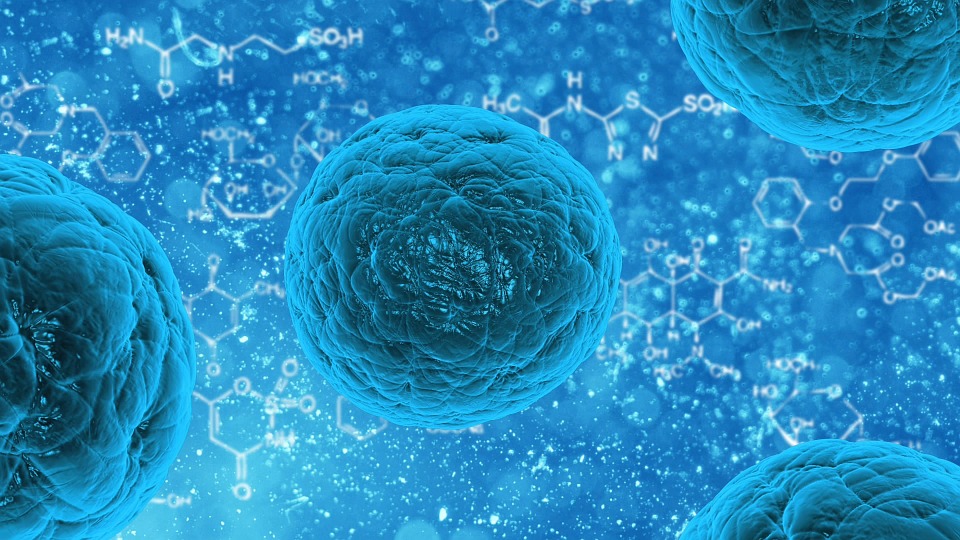The idea that alien life exists in other planets other than our own has been a question that’s been debated by the scientific community for decades. However, this could all change in the coming years.
At least, that’s what NASA chief scientist Jim Green is claiming. As Green would have it, humanity is supposedly “close” in finding alien life on Mars, adding that if evidence is uncovered, the world may not be ready for such a revelation.
It goes without saying that this is a big statement to make. This is why astronomy professor David Weintraub disagree with Green’s claims. While Weintraub agrees that there’s a possibility that Mars holds some form of alien life, saying it like it’s a certainty is rather misleading, Gizmodo reported.
News mars rover to find alien life on Mars
Green’s enthusiasm is fueled by the launching of the new Mars rover that will head to the red planet next year. The European Space Agency will also be doing the same, sending the ExoMars rover Rosalind Franklin to dig possible evidence that would support that the barren planet does harbor alien life.
With regards to Green’s comments about humanity not ready for such news, the chief scientist may also have blown this one as well. Steve Clifford, a senior scientist at the Planetary Science Institute, said that although finding alien life on Mars will have huge implications, it wouldn’t disrupt people’s everyday patterns. He cited that years of scientific discussion about the matter have somewhat prepared people for such a revelation.
Evidence about alien life would greatly affect the scientific community
If there are groups that would be greatly affected by such discovery, it would be the scientific community itself. Multiple theories will be challenged, line of thinking will alter, and the approach to the subject will drastically change. Alien life, regardless if it’s microbial, would mean that the universe isn’t as hostile as previously thought.
This is especially true considering that Mars isn’t a lush planet. If alien life can thrive in that region, how much more on planets where water is abundant? It goes without saying that the possibility is exciting and daunting at the same time.
Daunting for there are several hypothesis proposing that the reason we haven’t found alien life anywhere in the galaxy is that an advanced extraterrestrial race may have been exterminating them before they can expand. Such behavior is in the realm of possibility, given that it can be categorized as being cautious. They may see an advancing species as a threat to their existence and may want to eliminate the emerging race before it can develop technology that would rival their own. Of course, a hypothesis hardly offers concrete evidence any more than Green’s enthusiasm proves that there is certainly life on Mars.



 Neuralink Plans High-Volume Brain Implant Production and Fully Automated Surgery by 2026
Neuralink Plans High-Volume Brain Implant Production and Fully Automated Surgery by 2026  Astronomers have discovered another puzzling interstellar object − this third one is big, bright and fast
Astronomers have discovered another puzzling interstellar object − this third one is big, bright and fast  Eli Lilly’s Inluriyo Gains FDA Approval for Advanced Breast Cancer Treatment
Eli Lilly’s Inluriyo Gains FDA Approval for Advanced Breast Cancer Treatment  NASA Cuts Boeing Starliner Missions as SpaceX Pulls Ahead
NASA Cuts Boeing Starliner Missions as SpaceX Pulls Ahead  FDA Adds Fatal Risk Warning to J&J and Legend Biotech’s Carvykti Cancer Therapy
FDA Adds Fatal Risk Warning to J&J and Legend Biotech’s Carvykti Cancer Therapy  SpaceX Starship Explodes in Texas During Test, Citing Nitrogen Tank Failure
SpaceX Starship Explodes in Texas During Test, Citing Nitrogen Tank Failure  CDC Vaccine Review Sparks Controversy Over Thimerosal Study Citation
CDC Vaccine Review Sparks Controversy Over Thimerosal Study Citation  Cogent Biosciences Soars 120% on Breakthrough Phase 3 Results for Bezuclastinib in GIST Treatment
Cogent Biosciences Soars 120% on Breakthrough Phase 3 Results for Bezuclastinib in GIST Treatment  Lost in space: MethaneSat failed just as NZ was to take over mission control – here’s what we need to know now
Lost in space: MethaneSat failed just as NZ was to take over mission control – here’s what we need to know now 































